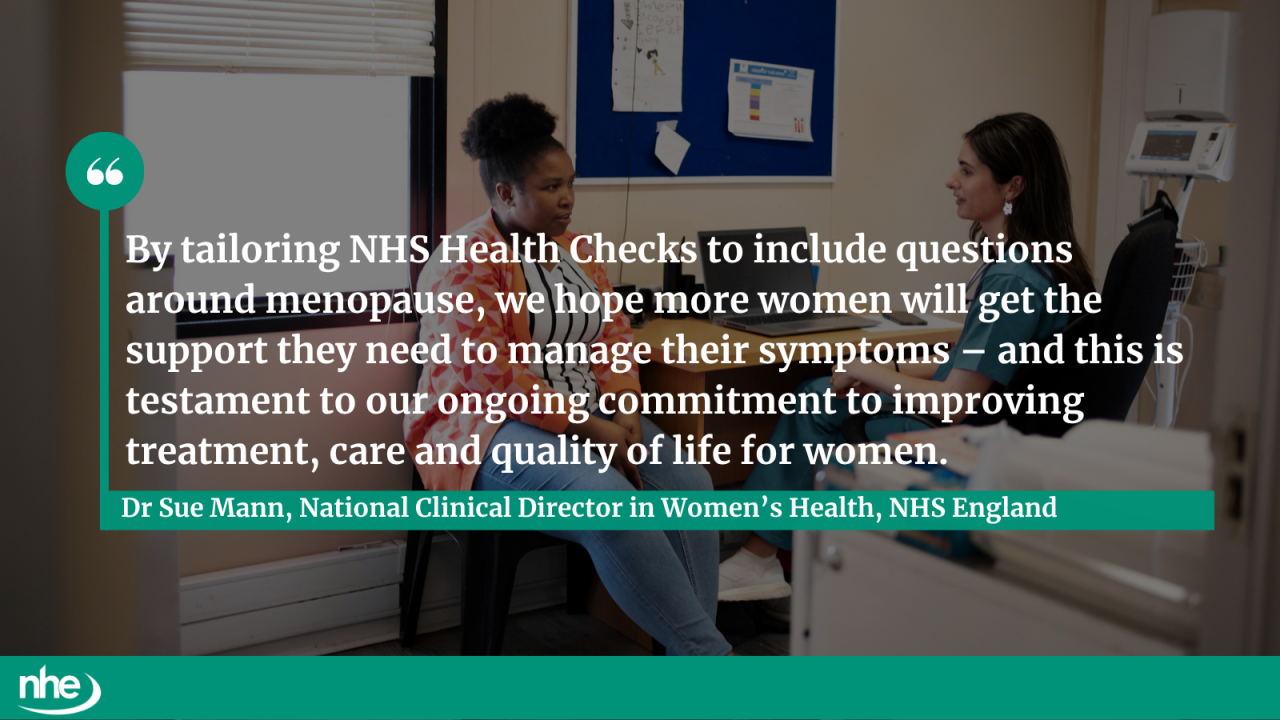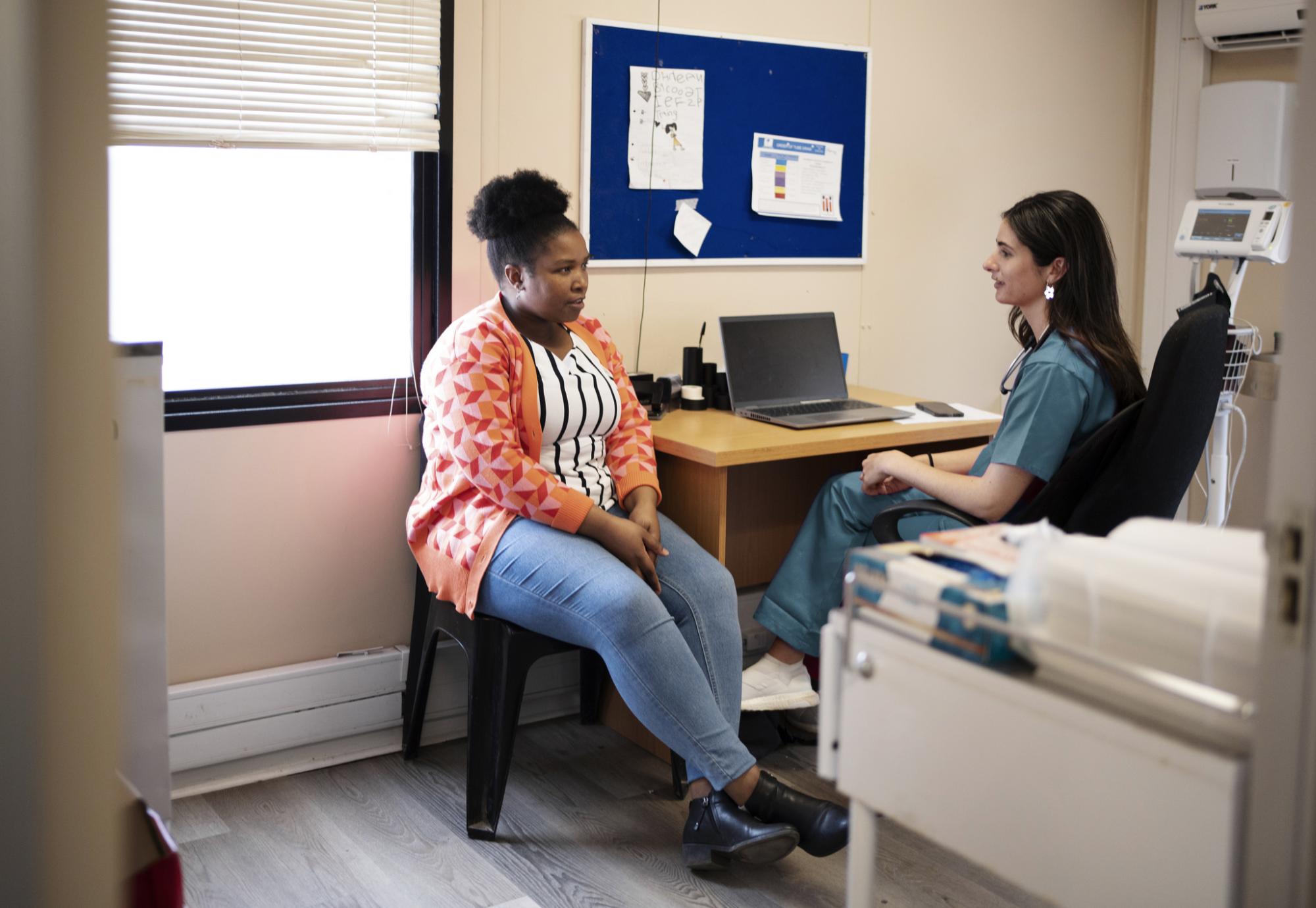In a landmark move for women’s healthcare, the Government has announced that menopause will be included in routine NHS Health Checks for the first time.
This change will benefit nearly 5 million women aged 40–74, helping to raise awareness, improve diagnosis, and ensure timely support for those experiencing perimenopausal and menopausal symptoms.
The decision marks a significant step forward in tackling one of society’s most overlooked health challenges. By integrating menopause-related questions into the free NHS Health Checks, the government aims to empower women to recognise symptoms earlier and seek appropriate care.
Menopause affects every woman differently, with symptoms ranging from hot flushes, joint pain, and weight gain to memory issues and brain fog. These symptoms can last an average of seven years, yet fewer than 1 in 10 women feel they have enough information to manage them.
Too often, menopause symptoms are misdiagnosed or dismissed as stress or lifestyle-related. This initiative will ensure that clinicians proactively address these concerns, helping women feel heard, supported, and informed.
Dr Sue Mann, NHS England’s National Clinical Director in Women’s Health, commented:
“Far too often we still hear women say their concerns aren’t listened to or that they aren’t getting enough support for the debilitating symptoms that can come with the menopause, many of which can have a big impact on their lives and can be invisible to others.
“We want to change that – no-one should have to put on a brave face or feel they are facing symptoms of menopause or perimenopause on their own.
“By tailoring NHS Health Checks to include questions around menopause, we hope more women will get the support they need to manage their symptoms – and this is testament to our ongoing commitment to improving treatment, care and quality of life for women.”

The inclusion of menopause in NHS Health Checks aligns with the government’s Plan for Change, which aims to build a more responsive and inclusive health service. NHS Health Checks currently screen for risks such as cardiovascular disease, stroke, kidney disease, type 2 diabetes, and dementia.
By adding menopause to the conversation, the NHS is taking a preventative and holistic approach to women’s health. Women reporting symptoms will be directed to relevant services, treatment options, and information resources.
Health experts will help develop the new menopause-related questions over the coming months. This initiative is part of a broader effort to mainstream women’s health and ensure that no woman’s experience is minimised or misunderstood.
Image credit:: iStock



















